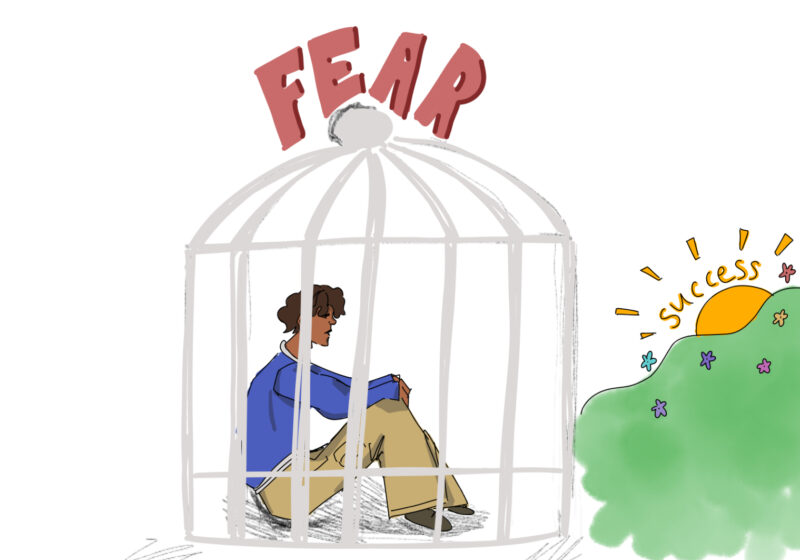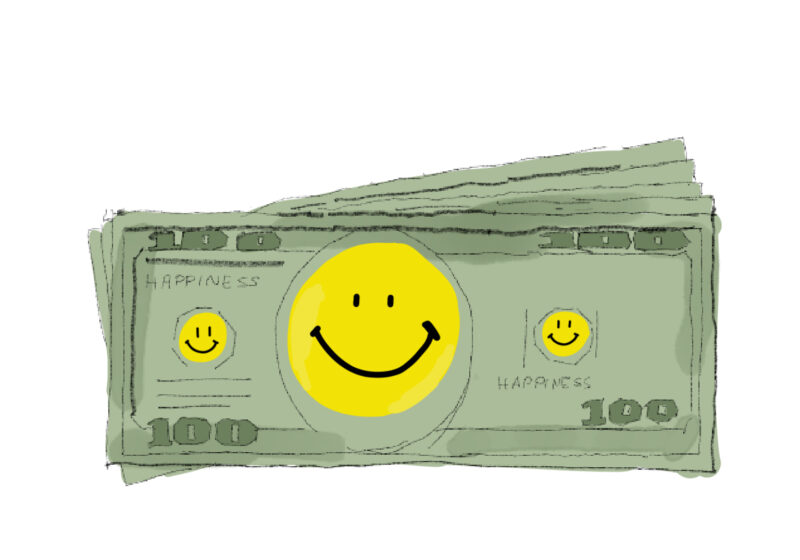Spring is in the air and students are desperately turning to a new illicit substance to combat the pain of midterms.
The drug’s street name is “REM” and it is highly addictive. Once students begin experiencing with the compound, even just for recreational use, they will quickly come to require doses strong enough to last six to eight hours. The horror of this substance is not just in how quickly it has spread throughout our campus, but in its completely paralyzing properties. REM causes nearly complete immobilization of the user; however, some more casual users remain capable of small movements, like tossing and turning.
The drug slows the user’s breathing, shuts down parts of the brain, and in some of the worst cases, induces powerful hallucinations. These hallucinations can be described as eye-opening and exhilarating, but, of course, everyone reacts to the drug differently. Some heavy abusers have reported experiencing terrifying hallucinations in which they are confronted with their worst fears while dressed only in their underwear.
Luckily, there are ways to counteract the more dangerous effects of the drug and to combat addiction. Ingesting coffee, having extremely loud roommates, and downing three to 12 Red Bulls are some easy ways to sober up from REM. There are still, of course, some students who have said no to this new substance on campus. These heroes can be found treating their bodies like temples in the deepest corners of the Stacks, Carlson, and Starbucks, where they will congregate to compare how little each of them has abused the drug.
The success of these drug-free champions can be largely attributed to a nationwide campaign against the vices of REM. Celebrities like Nas have been longtime avid supporters of the war on REM, saying, “I never sleep, ‘cause sleep is the cousin of death.”
Entire communities have even gathered together to fight this new disease. New York City has declared itself “the city that never sleeps,” while scorning the town, Sleepy Hollow, for its shameless endorsement of the drug’s legalization.
While there is still hope for anti-REM advocates to overcome this public health epidemic, the coming week is a critical one for the University as many students have expressed an interest in experimenting with the substance over spring break.





